Inside Parliament’s walls, the storm is breaking. President William Ruto finds himself perilously close to a showdown with lawmakers after branding the institution “inherently corrupt”—a charge that has lit a fuse beneath the nation’s highest office.
Parliament Hits Back.
On Tuesday afternoon, tensions erupted as Bumula MP Jack Wamboka declared, “We are now going to exercise our teeth… We are now going to bite.”
He confirmed that a censure motion has been formally tabled before the Speaker, a move that—while not removal by itself—could escalate into an impeachment process if MPs deem the President unfit. According to Article 145 of Kenya’s Constitution, impeachment can proceed on grounds of a gross violation of the Constitution or any other law, serious evidence of criminal conduct, or gross misconduct.
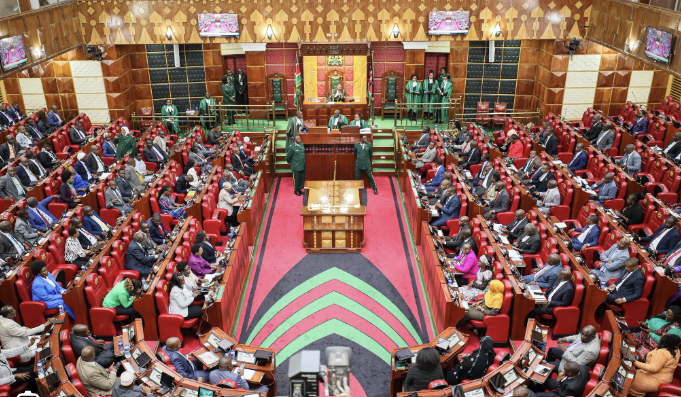
If the National Assembly lawmakers muster a two-thirds majority, the matter moves to the Senate, which must then also pass the motion by the same threshold.
Allegations Fly, Stakes Escalate.
This crisis ignited when President Ruto accused unnamed MPs—especially from the Justice and Legal Affairs Committee—of accepting bribes amounting to Ksh 10 million to stall an anti-money laundering Bill, and referenced a separate Ksh 150 million extortion scheme involving a Senate committee.
Yet, he offered no corroborating evidence, citing only “raw intelligence.”Committee chair Gitonga Murugara challenged Ruto’s claims, demanding specific names, while Senate and National Assembly members have summoned or signaled intent to summon Ruto—or his representatives—to explain the allegations under parliamentary privilege.
A Constitutional Quicksand.
This showdown taps directly into the heart of Kenya’s constitutional balance. Though Ruto wields influence over both houses, legislative leaders bristle at what they perceive as executive overreach—and threats to their institutional integrity.
Concerned Senate members have even hinted at filing their own impeachment motions if the President fails to defend his statements.
What Comes Next.
Under the Constitution:
1. A successful censure motion in the National Assembly can trigger an impeachment motion.
2. If two-thirds of MPs back it, the case moves to the Senate.
3. There, another two-thirds majority is needed to remove the President from office.




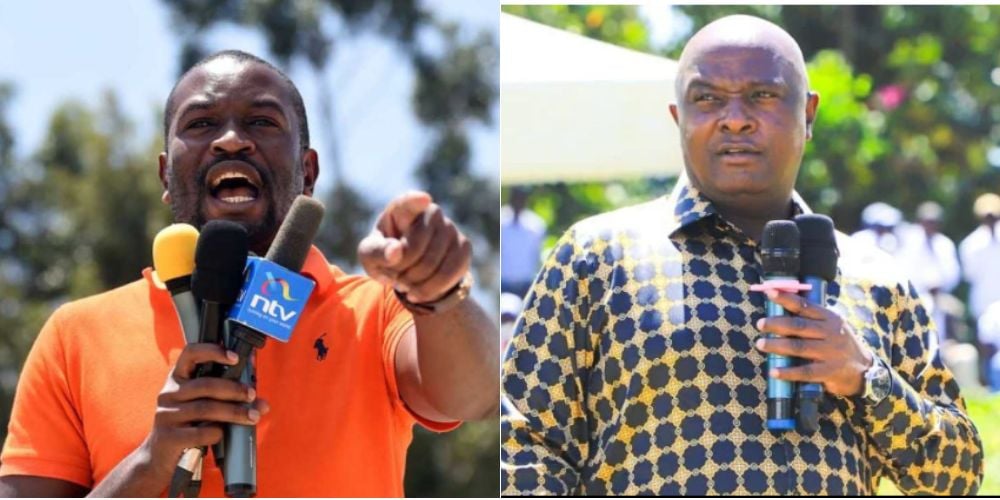
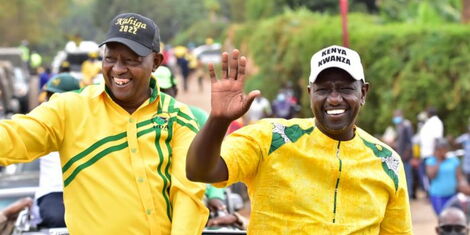
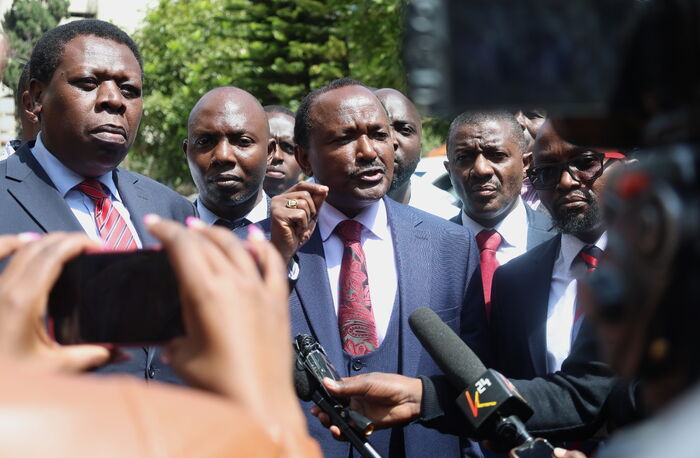
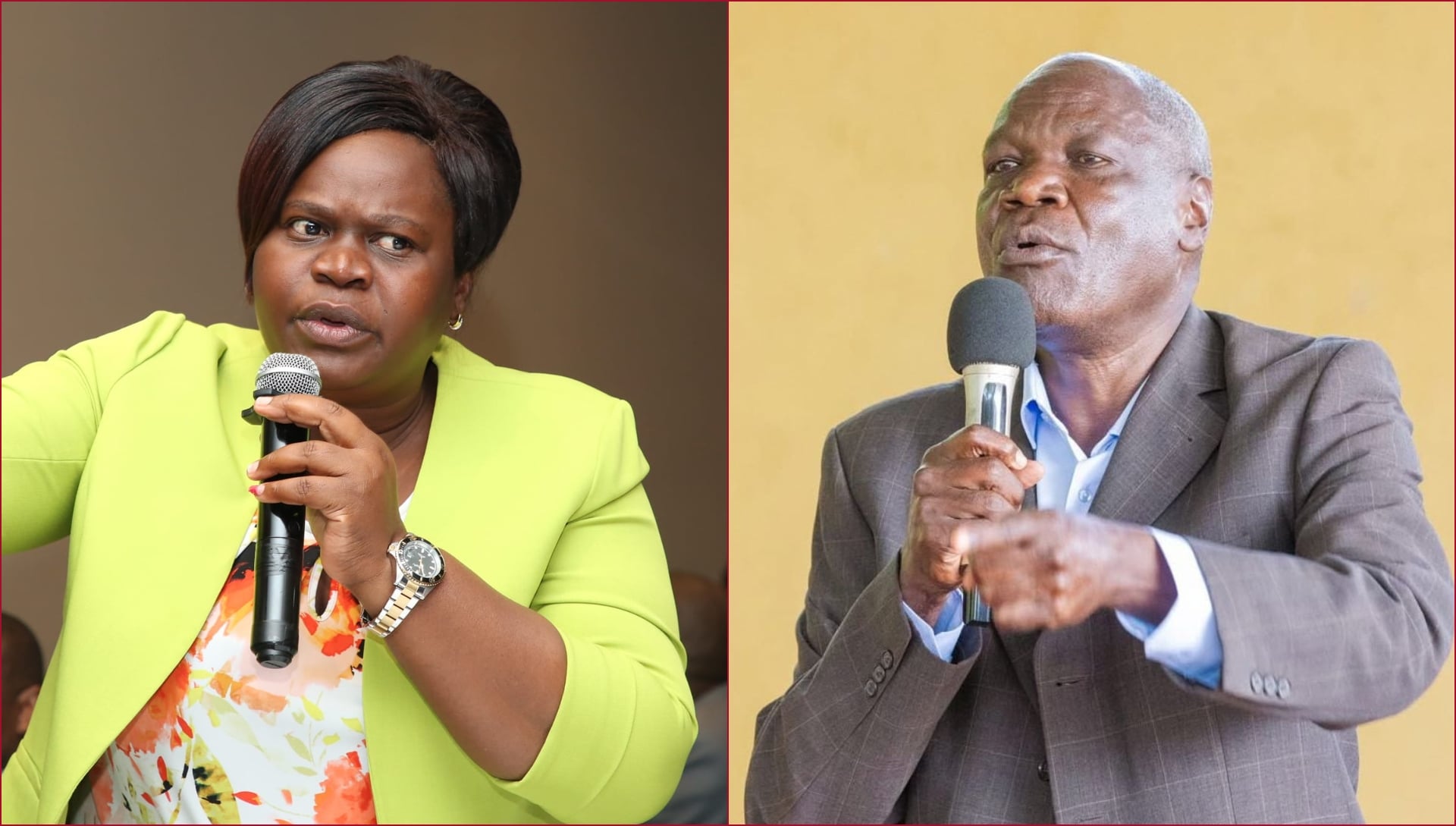
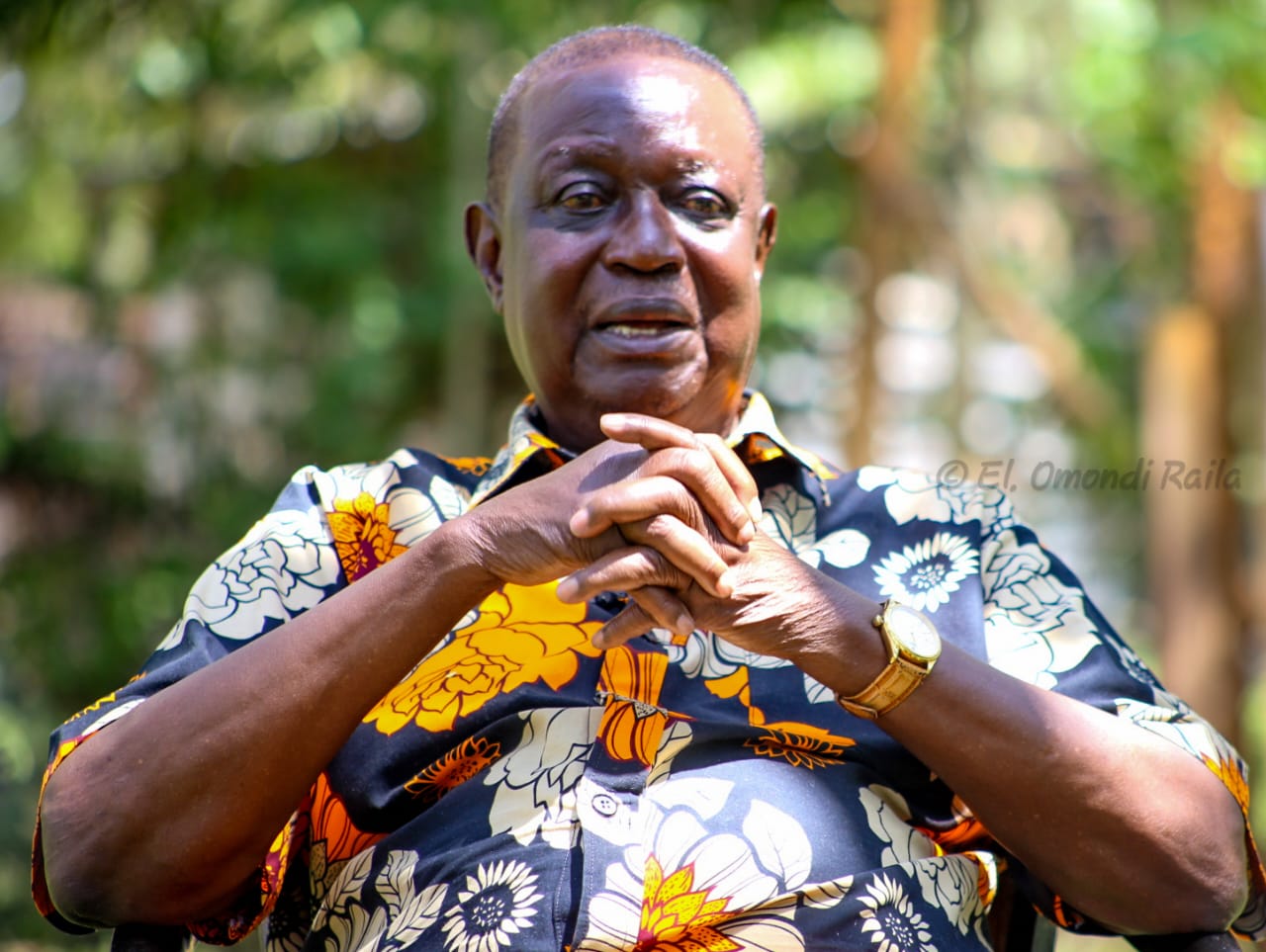
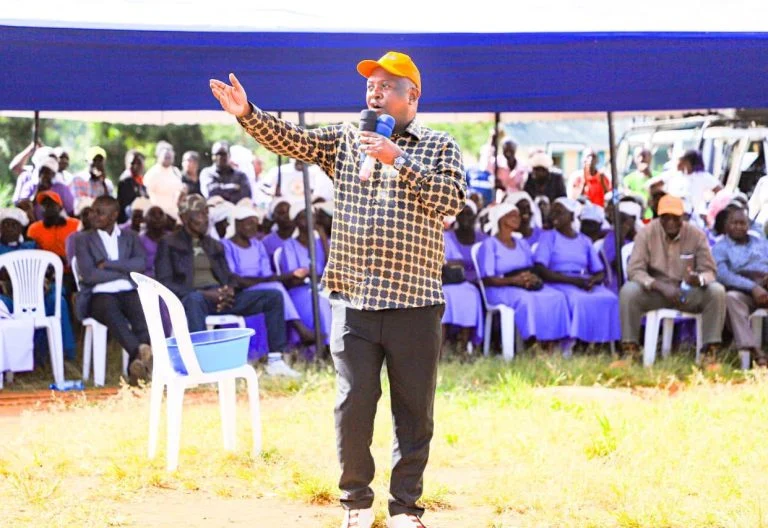
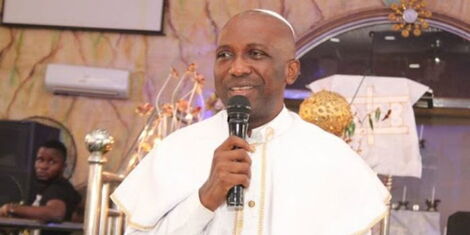
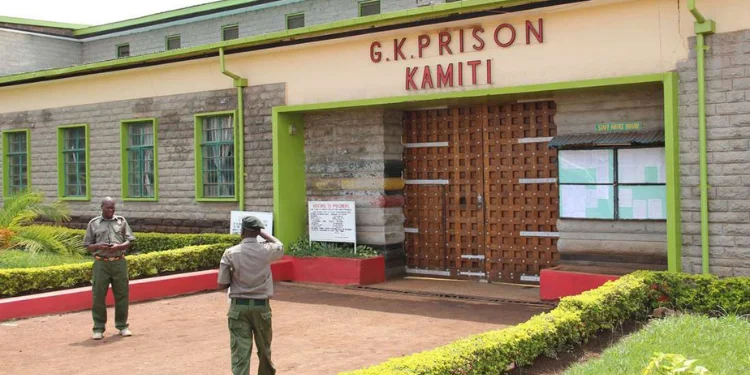

Leave a Reply